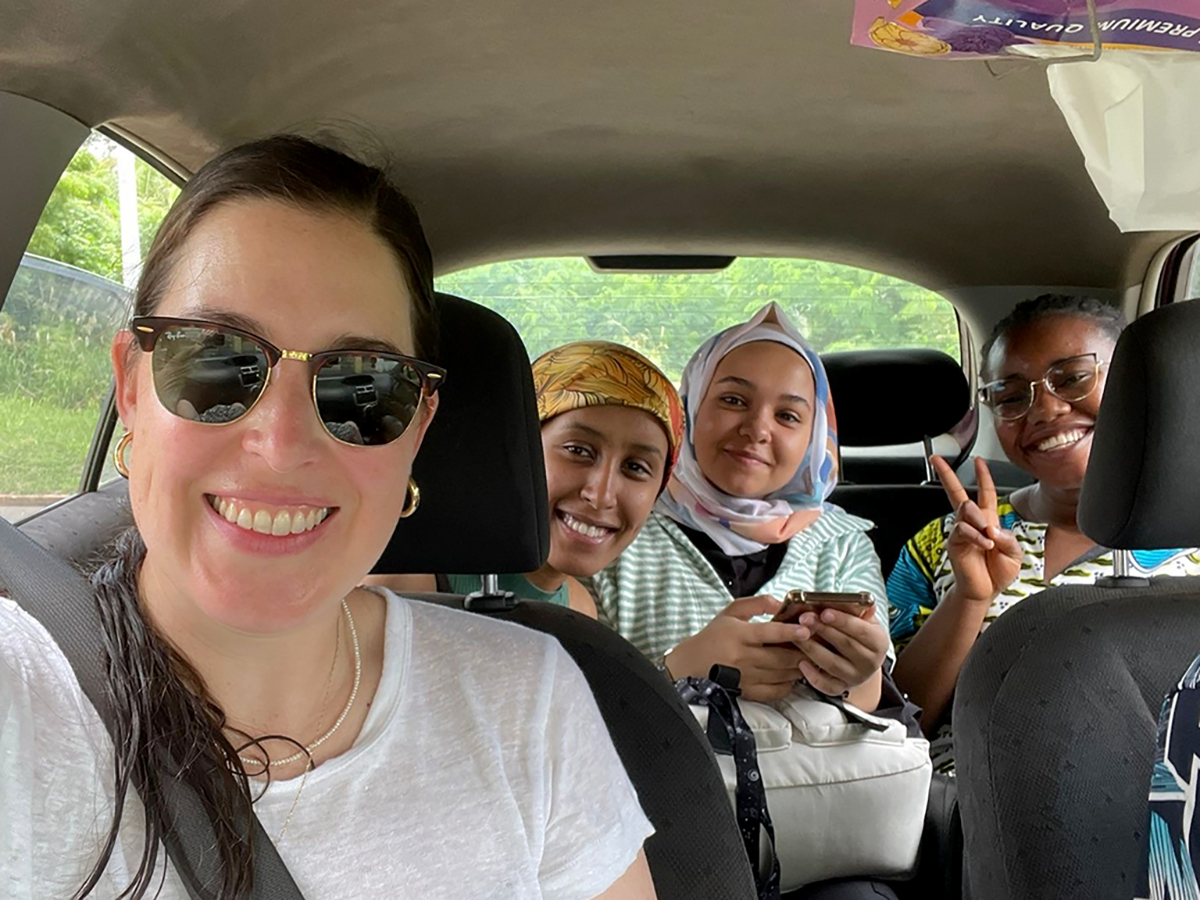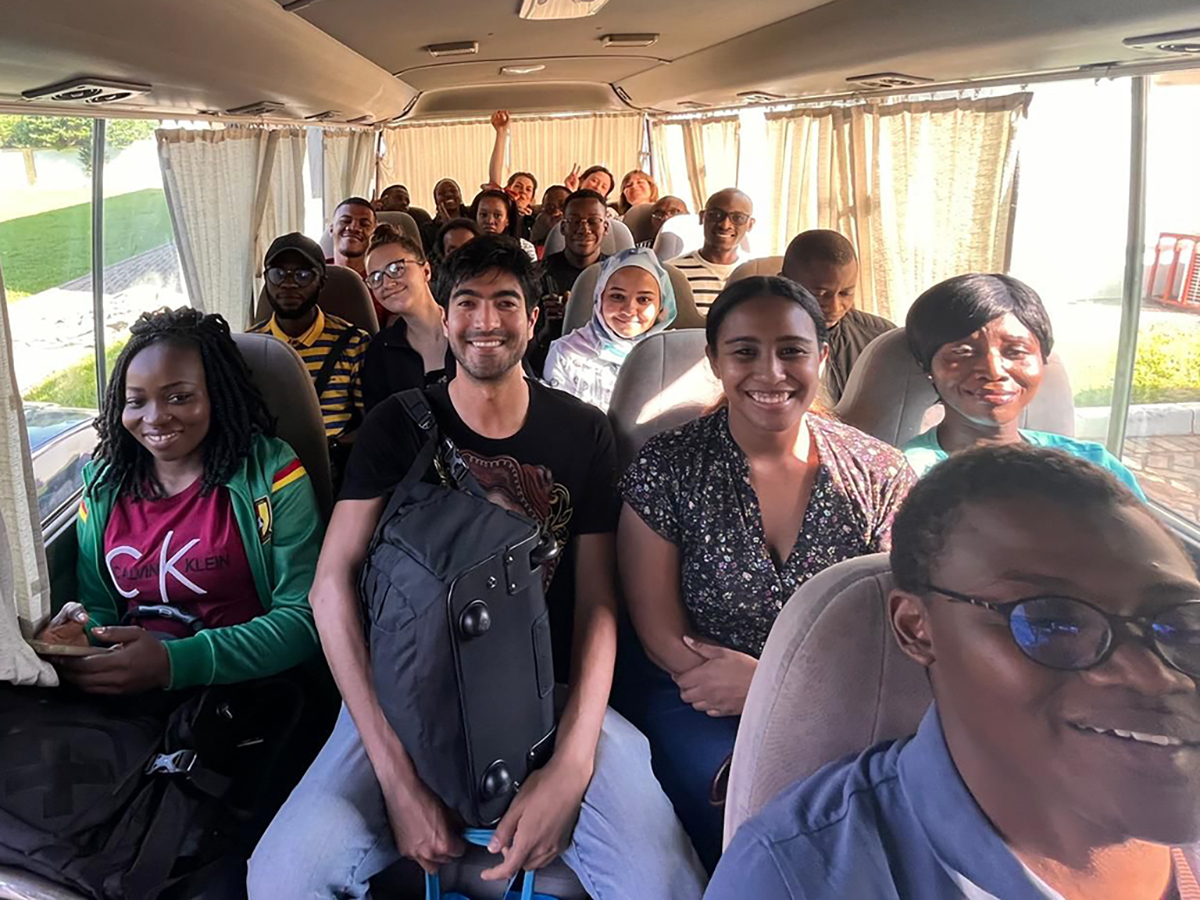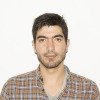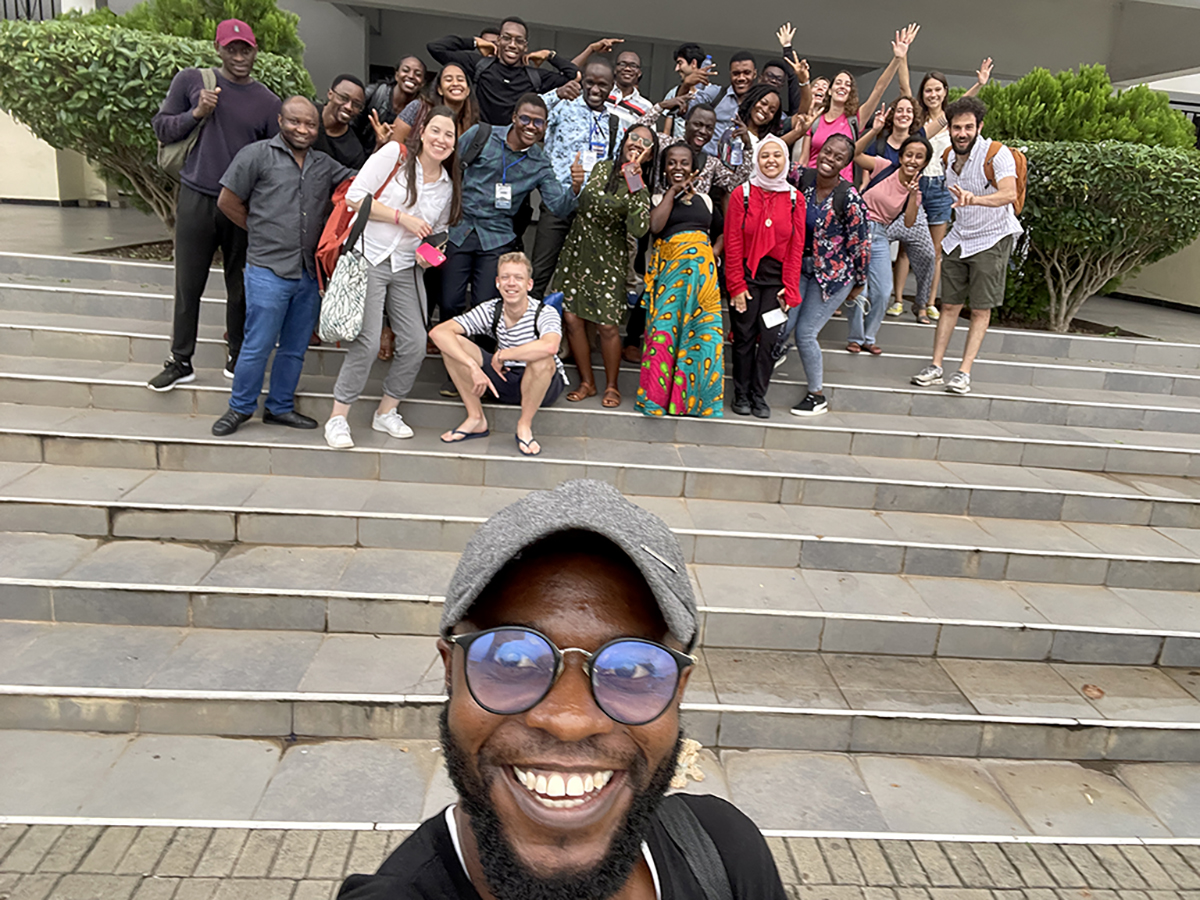
Gabriela Michel and Emmanuel Marquez Legorreta have a lot in common. They both grew up in Mexico, studied neuroscience in Europe, and are now postdocs at Janelia.
But beyond bonding over their shared homeland and what it’s like to live abroad, Michel and Marquez Legorreta also share a deep interest in helping young scientists, especially those from countries with limited opportunities.
This past summer, the pair helped organize a course in computational neuroscience and machine learning basics in Ghana. Twenty students and young researchers from countries across Africa participated in the intensive two-week course, which was so successful that another one is planned for next summer in Rwanda.
Michel says these courses can be transformational for young scientists who may not have the same advantages as students from other parts of the world.
“No matter the resources that people have, we have brilliant minds in the most hidden places on Earth, and this is one of the only ways that you can find them, if you are doing courses like this,” says Michel. “This teaches the students that you can achieve whatever you want.”
From seed to fruition
The idea for the course grew out of discussions Michel had with colleagues that began while she was getting her PhD in Switzerland. Living abroad and coming from Mexico, Michel says she is acutely aware of the inequality in education around the world, and it was a frequent topic in discussions she had with colleagues who grew up in Spain.
“We know there are smart people everywhere – it’s just that some people are luckier than others,” she says.
Soon, the group developed a plan to organize a course in computational neuroscience and machine learning through TReND. The non-profit TReND in Africa supports African biomedical researchers, running training courses and organizing equipment donation, outreach and volunteer opportunities, and other activities across the African continent.
Michel and her colleagues recognized the need for training in computational neuroscience, an area of study that isn’t often taught in African universities. Research using computational neuroscience and machine learning doesn’t require a laboratory or expensive equipment, and the training would be useful as countries transition to a digitally driven world.
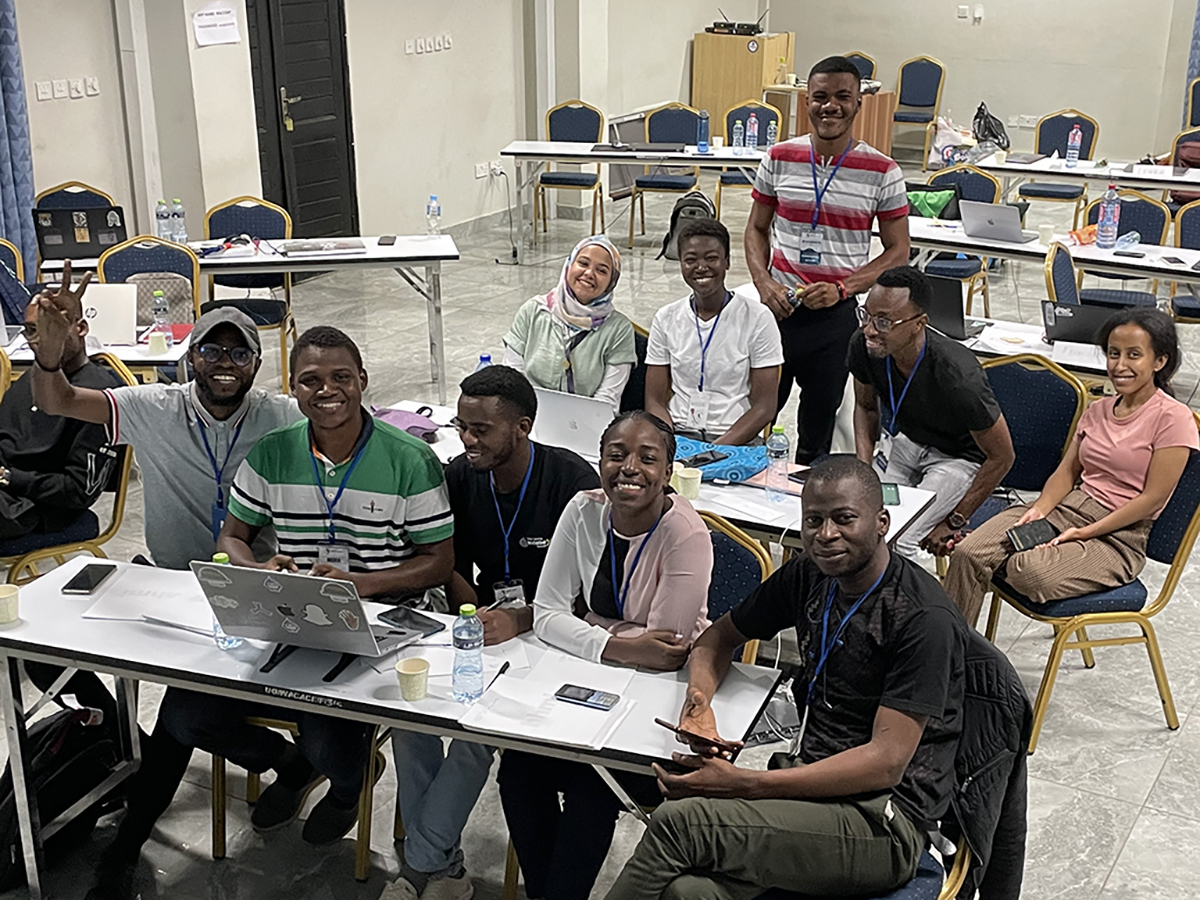
When Michel arrived at Janelia as a postdoc, she met Marquez Legorreta and found that he was also interested in helping to organize training courses in underserved countries. Michel approached him about the TReND course, and he immediately said yes.
“The current academic system doesn’t always encourage or reward these types of activities, but we hope that by organizing efforts like this and showing their value, we can help in some way to motivate people and institutions to support similar projects,” says Marquez Legorreta.
Coming from Mexico, the pair say they know firsthand how access to education, opportunities to travel and live abroad, and support from parents and mentors can change the course of a person’s life. For Michel, it was her grandparents and parents’ emphasis on education and travel that drove her to study in Switzerland. Marquez Legorreta says his parents’ work in sustainable development and his time spent living abroad as a child influenced him to pursue his education in Europe and Australia.
Marquez Legorreta says these experiences gave him a different perspective and led him to want to help others.
“You see the world as a whole, and therefore see that these international efforts are possible, and they should be done,” he says. “You are able to think about the bigger picture.”
Making it happen
After getting the go-ahead from TReND, the organizers had to design the course, recruit teachers and students, find funding, and handle all the logistics. The group secured funding from HHMI, the Simons Foundation, and DeepMind, and found instructors from Janelia and several universities.
The course – the first TReND course in computational neuroscience – garnered a record 360 applications. The 20 students ultimately chosen had diverse educational backgrounds and expertise, were selected from different regions of Africa, and were interested in making an impact.
The course was two weeks of intensive learning, with introductions to Python, machine learning, neurobiology, and computational neuroscience – all designed to give the students the basics they could expand on in other courses.
Along with the educational part of the course, the group also participated in recreational activities and cultural mixers, including a candy exchange. For some students, it was the first time they had been outside of their home country or interacted one-on-one with more senior scientists.
The organizers and teachers also advised the students on career options, which has continued as the students apply for other courses or graduate programs.
Nelson Udeme-Abasi, a medical doctor in Nigeria, says the TReND course was life-changing and transformational. He says that he was not only able to connect with other Africans and instructors from all over the world, but he has also been able to see how he could bring technical neuroscience skills to his own practice and research.
“It opened our eyes to what is possible and sparked an interest so everyone can go back to these diverse places to build on what is already on the ground and spread that interest,” says Udeme-Abasi, adding that it is important to have more of these types of courses in Africa. “A lot is happening here, but we need many people to solve African problems using modern techniques.”
Media Contacts
Nanci Bompey

